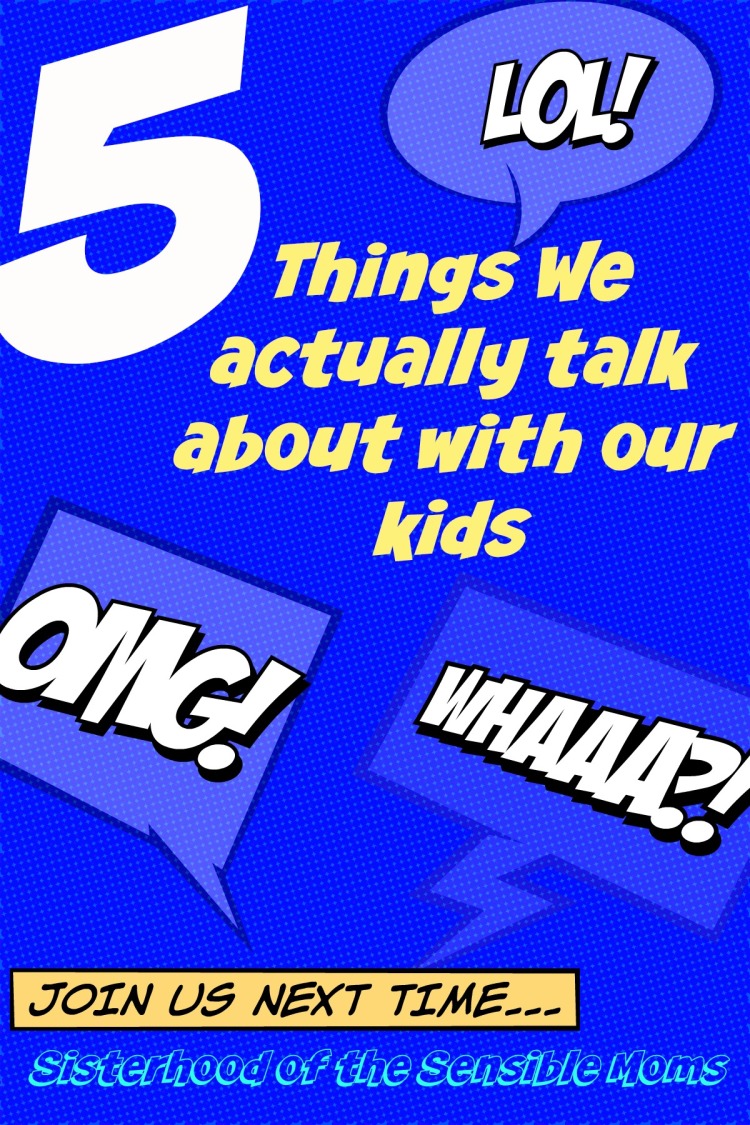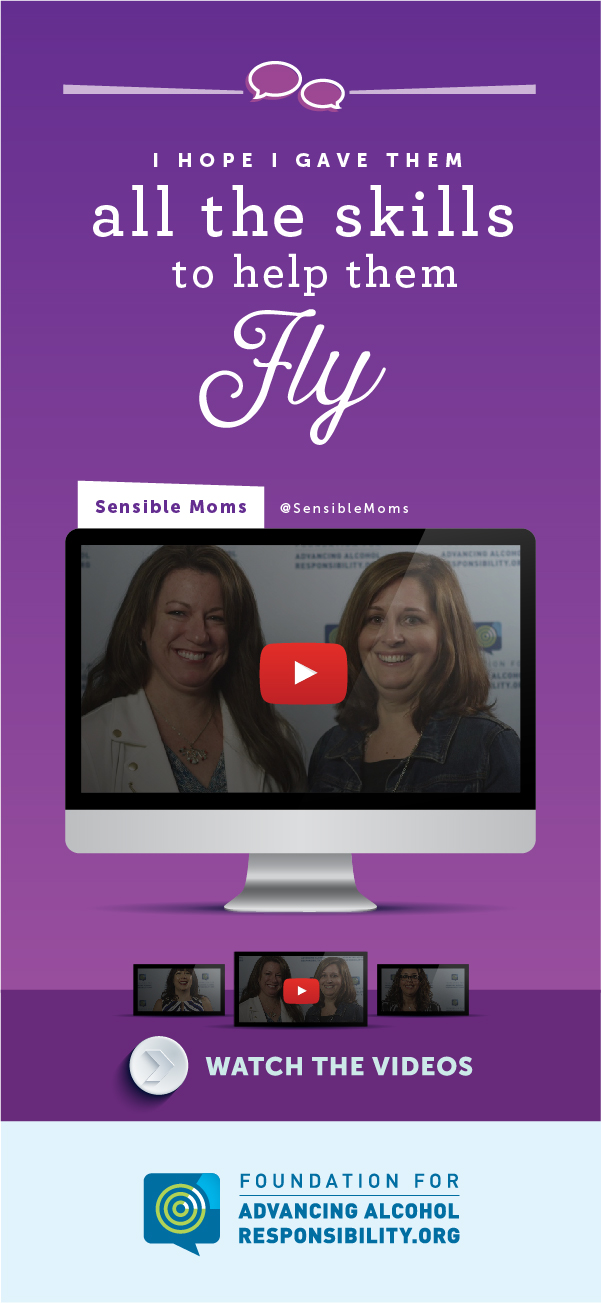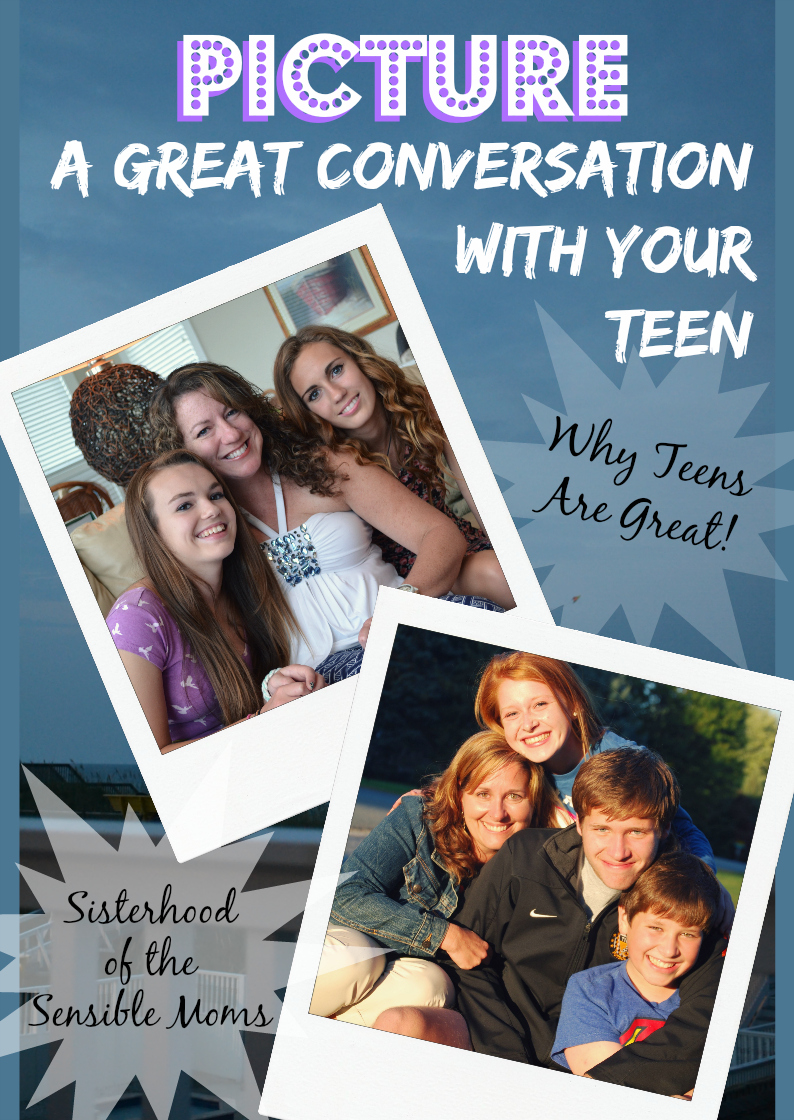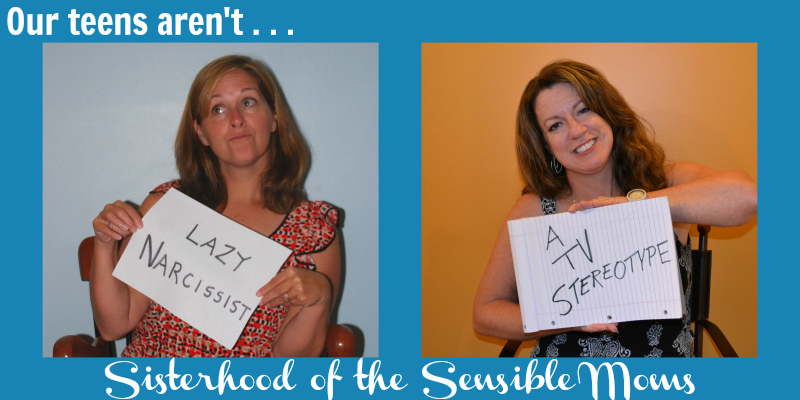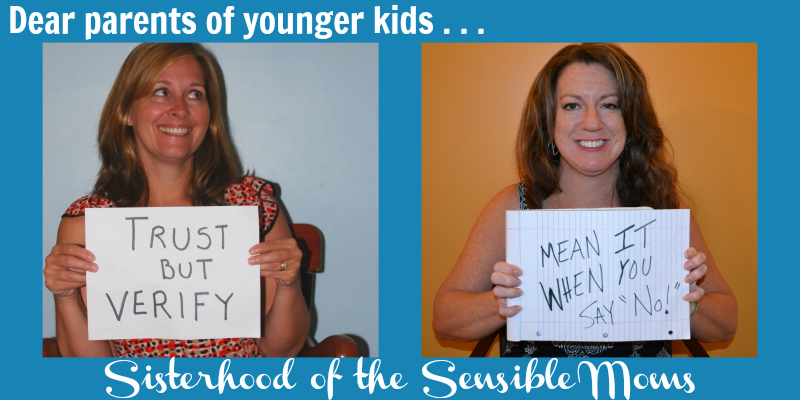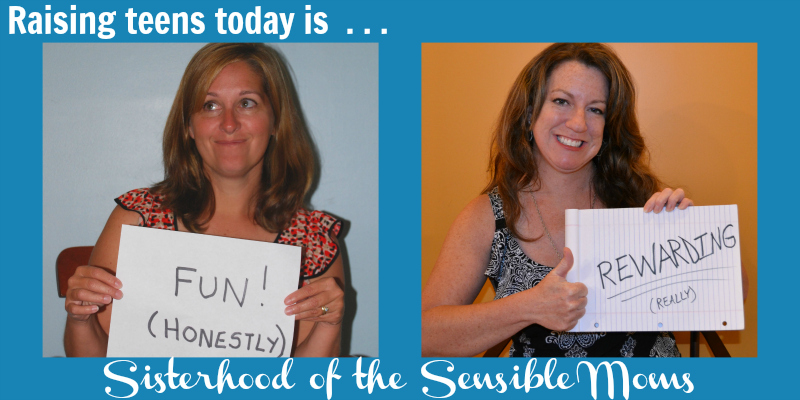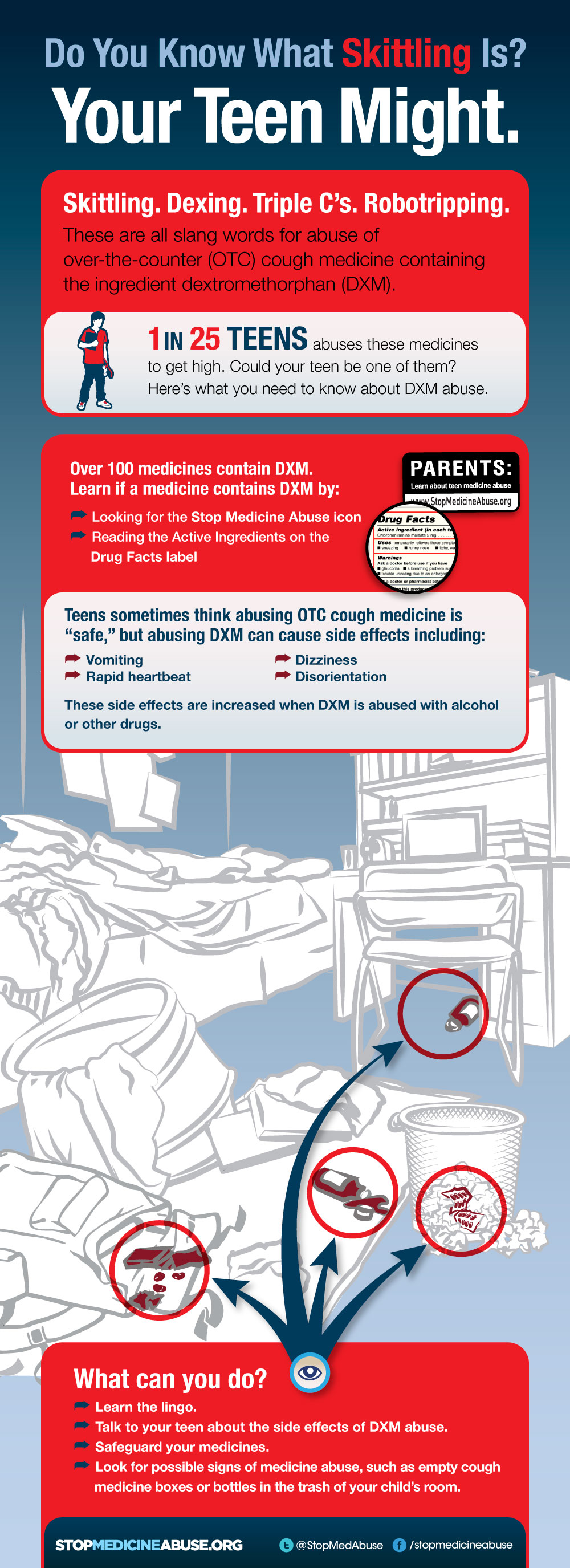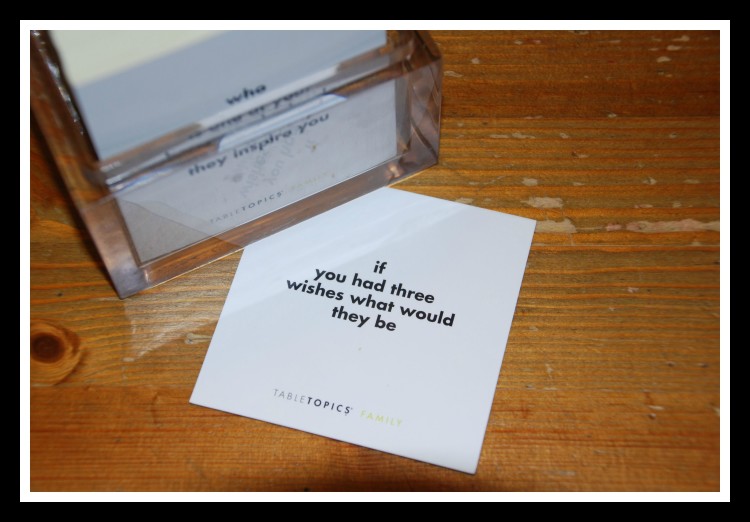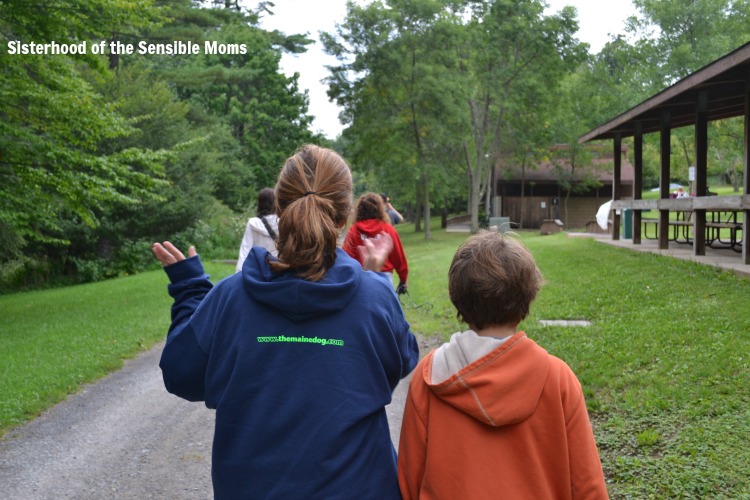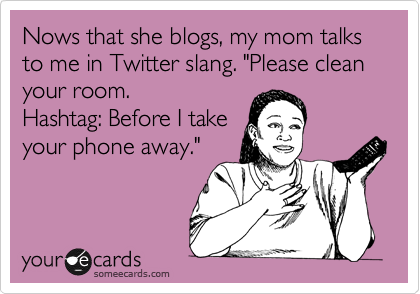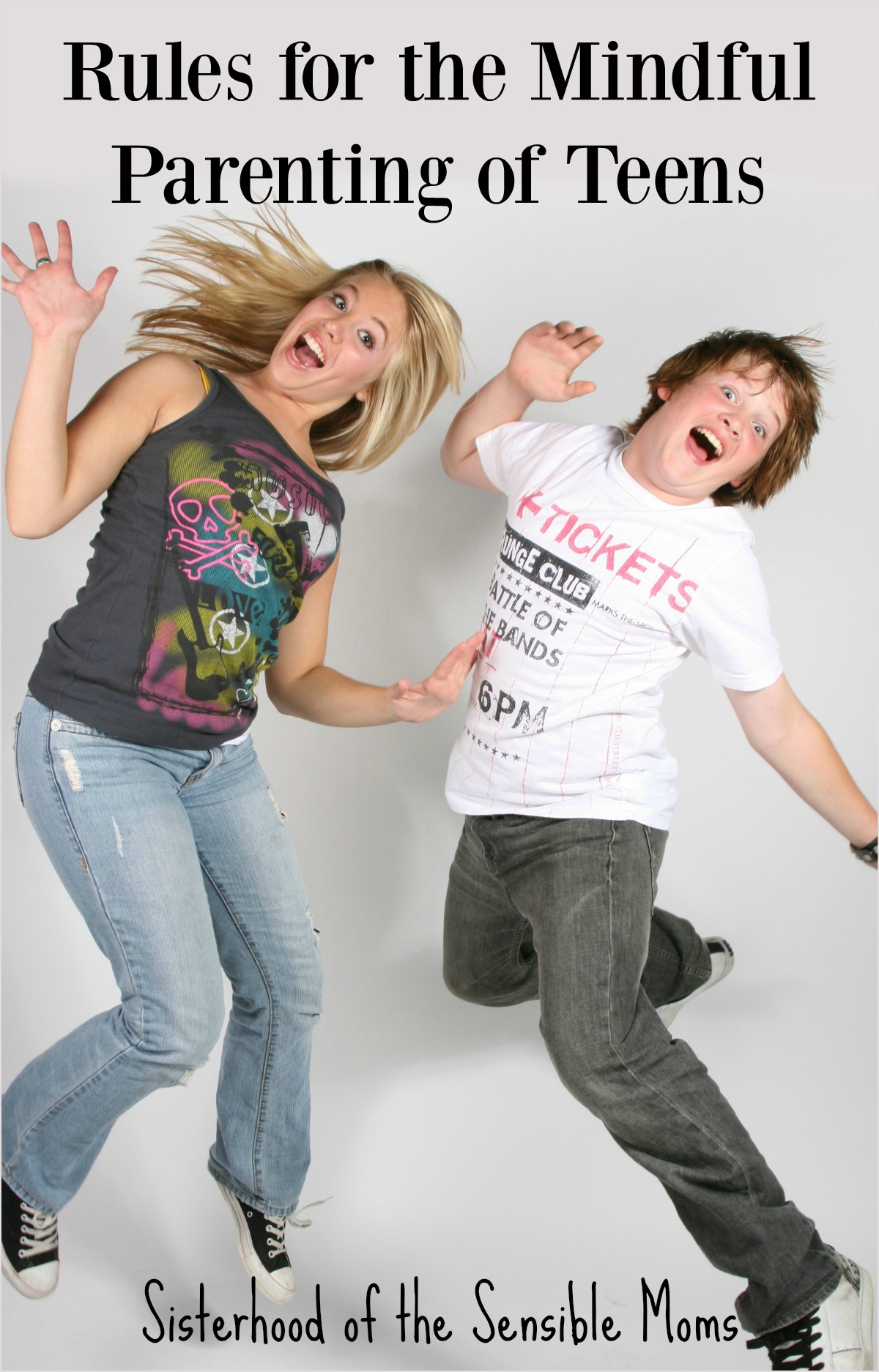 “Here, Mom, sign this,” my 15 year old son said handing me a permission slip. We were all grabbing bags, lunches, gear for lacrosse, and keys. We were three seconds from being out the door, but my senses started tingling. Rule One of parenting teens: they like to leverage time, or lack of it, to slip under the radar. Calibrate your parenting alert system to activate immediately whenever they ask you to do anything with less than five minutes of wiggle room.
“Here, Mom, sign this,” my 15 year old son said handing me a permission slip. We were all grabbing bags, lunches, gear for lacrosse, and keys. We were three seconds from being out the door, but my senses started tingling. Rule One of parenting teens: they like to leverage time, or lack of it, to slip under the radar. Calibrate your parenting alert system to activate immediately whenever they ask you to do anything with less than five minutes of wiggle room.
“Um, give me a minute. What is this?”
At this point, he actually started shaking the paper a little and whining about how it was time to leave. Rule Two of teen parenting: when they start leveraging your aging body, in this case, my eyesight, against you, take that system to full alert. I put down my bag and took the paper from his hands. This one is my third child. This is not my first rodeo. He does not want me to ask questions about this piece of paper.
At first glance, it was nothing. My son’s band is going to Disney. We have been signing waivers, permission slips, and checks for months. On the surface, nothing special. My alert system said to reread it. It said, “Something’s up with this paper. Put that other contact in, take another sip of coffee, and read between the lines.” As I was rereading the paper, my son actually grabbed my key, picked up all the bags, and started pushing open the front door.
Whoa.
Rule Three: teens have sloth-like tendencies that hinder them from unprovoked bursts of helpful labor. When they take action, kick that alert system up to Defcon One. In a state of high alert, I become the Rock of Gibraltar. I stood planted in place and read this paper again.
Oh.
Suddenly, all the subtle maneuvers and not-so-subtle ones made sense. This was the roommate form which laid out who would be rooming with my son, 1000 miles from home. There were three boys in his room, all upperclassmen, but one name stood out, a boy who had been busted on numerous occasions for drinking. My son knew this. He knew that I knew.
Rule Four of parenting teens: don’t back yourself or your kid into a corner. An immediate “no way in hell” would have shut down any conversation. More importantly, it wouldn’t have gotten me what I really wanted: the answer to the question “why are you putting yourself in this situation?”
“Put down the bags. Let’s talk. I’ll write you a note if you’re late.”
And we did talk then. And he was late to school. But I’m glad that we did. I heard how this situation played out. The older boys had asked him to be his roommate, so my freshman son, a little starstruck to be chosen, felt he couldn’t really say no. Also, the boy who had been in trouble is friendly, fun, and has a similar sense of humor to my son. My kid thought the arrangement would just make the trip more fun all around. At this my most exasperated Mom self thought, “ya think?” But Rule Five of parenting says to keep that exasperation to yourself to share with your husband later. I didn’t have time to waste; I had some heart breaking to do. Rule Six: when you have to lay down the hammer, do it gently, but mean it.
“No, I’m sorry, I’m just not comfortable with this.”
I laid out my reasons. Chief among them: if they were his roommates and they got into trouble, he would go down with them. He would have no safe space to retreat to. My son was surprisingly reasonable and changed his roommate group, but the next group he chose had similar issues, and we had a similar talk. At this point, my exasperated Mom self resurfaced, “Geez, child, this is what you are bringing me? Have you learned nothing?!” In the end, he will be rooming with a group that we both think will work for his fun level and my overall comfort level. However, I did make a huge neon mental note to self after this incident: this particular child makes decisions differently than his two older siblings. The good news is that we can talk and he can be reasoned with. The not-so-great news is that my parental alert system needed some important adjustments. To put it frankly, I am at Mom Level “Watch Like a Hawk” with this kid until he crosses that stage at graduation . . . from college.
I share this story, because contrary to so many other aspects of parenting multiple children, you can never coast when it comes to conversations about alcohol. Sure, with baby #3 you might have bought the cheap diapers, he might have potty-trained himself, and he definitely ate cheerios off the floor, but this is one arena in which you still need to bring your Momma Bear ‘A’ game every time to each and every kid. Follow up every funny feeling you might have and read every note for the fine print. With this particular subject, the stakes are too high.
I’ll leave you with this little anecdote which illustrates the larger point. Years ago, my husband Steve drew birthday party duty with my youngest. In addition to enduring the sugared up to the gills version of our son for this pool party, Steve was also going to have to get his parental chit-chat on. After talk of soccer teams and schoolwork subsided, one of the parents steered the conversation to more serious waters. He asked Steve how parenting a teen was different than a six year old.Steve threw this out: “Not different at all. I still do what I’ve always done. Trust but verify.”
Now, with three kids into the teen years I can say with all honesty that it’s as true a maxim as there ever was. We all want to trust our kids, we all want to think that our relationship with our kids is great, we all think that we know them so well, and we all want to believe that our kids would NEVER do something like drink or take crazy risks. Well, the very best, most involved parents I know understand that it’s not about them because kids make mistakes, kids get tripped up when cool upperclassmen pick them, and kids don’t always have the long view in mind when they are making decisions. So if nothing else, remember this: STAY VIGILANT, even if you’re on baby #17. Keep your eyes wide open for trouble. Like my dad said when he was teaching me to drive, “It’s best to see the potholes ahead before they rip out your undercarriage.” I’m not saying there won’t be bumps in the road through teendom, but hopefully, by staying alert, you won’t be blindsided by them.
-Erin
This is a sponsored post for Ask, Listen, Learn, but this story is all our own.
This month is Alcohol Awareness Month, so be sure to check out
all the great resources over there for talking with your kids about this important topic.
Follow us on Google+, Twitter, Facebook, Instagram, and Pinterest.
Check out our books, “I Just Want to Be Alone” and “You Have Lipstick on Your Teeth.”
Have every post delivered to your inbox! You can opt out at any time, but you won’t want to.









